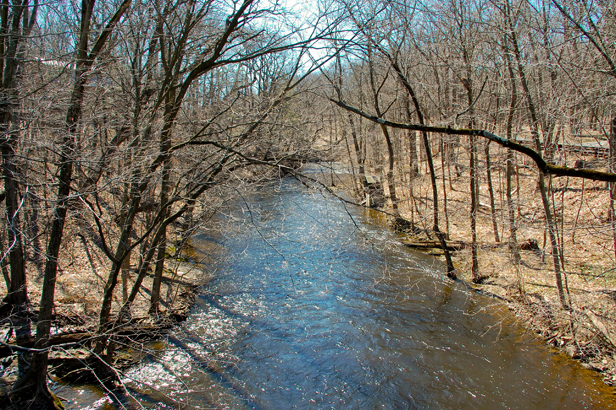The main argument for supporting Kerry-Lieberman seems to be “it’s a crappy bill, but once it passes it will get better”. KL proponents often point out that social security was loophole ridden in a way that excluded most African-Americans when it first passed. But a combination of demographic shifts, and changes to law extended social security to the point that today it covers almost all old U.S. citizens today. Similarly, the civil rights act of 1957 was almost unenforceable as written. But it did create substantial desegregation in limited sectors of society, made civil right enforcement a Federal issue and helped institutionalize opposition to racism to the point that grass roots movements could push forward the far better civil rights laws that followed. It is, in short, a camel’s nose argument. Get the camel’s nose inside the tent, crappy bill proponents say, and the rest of the camel will follow. Unfortunately KL is structurally far inferior to both these historical examples, and to other “Camel” bills proponents bring up. It is more like a dead horse than a camel. All the cases I can find of weak reforms that grew stronger over time avoided one flaw that is prominent in Kerry-Lieberman. No matter how weak they were, they contained no features that made parts of the problems they were trying to solve worse. The 1957 Civil Rights act did not increase Jim Crow in limited areas to buy off racist Senators. The original Social Security act did not repeal any existing pensions, nor weaken any existing protections for workers or old people.
We have an example of at least one “nose in the tent” bill that did a great deal more harm than good. In Clinton’s 1996 welfare reform, originally the Clintons wanted to offer a plan that ended AFDC and required work in return for providing health care, and used the Federal government as an employer of last resort for people who could not find other jobs. People can argue whether that would have been a good tradeoff or not. But once he lost on healthcare and faced difficulty in winning re-election, Clinton ultimately supported a bill that put a time limit on welfare WITHOUT guaranteeing work or offering the government as a guaranteed employer of last resort. When talking to liberals, supporters of the bill claimed it would lead in the long term to being able to create something along the lines of a government as employer of last resort program. In reality, even in the face of the most serious economic downturn since the great depression, the political infrastructure meant job creation had to mostly be done via tax cuts and grants to third party entities, with Federal hiring remaining a minor portion of job creation. And the other results of welfare reform: Most serious examinations of the result of that conclude that this made poverty worse than it would have been under the old system.
Just as the supporters of Clinton’s welfare bill claimed it would create conditions that would make it easier to fight poverty and create jobs, the Kerry-Lieberman supporters of today claim it will make it easier to tighten caps and cut emissions – while its actual provisions will make the climate problem worse.
The nominal target has already been more than halfway met just by emissions reductions from the current recession and existing “command & control” legislation. Most of the remaining target could be met by offsets, legal counterfeit do-it-yourself emission permits. So at best the bill would produce few, if any, real cuts – nowhere near the reduction claimed in the nominal cap. Worse, many types of offsets could end increasing emissions even before they served as permission to continue burning coal.
For example, we may see ethanol (which has higher greenhouse gas emissions per mile than gasoline) credited as a carbon offset. Or we may see types of forestry which might release centuries of banked carbon from trees and soil credited as carbon reductions. The protection of offset additionality is phrased in stern generalities with specifics left to regulators. So we don’t really know what would or would not be allowed. In an age of regulatory capture, that is not good news.
Even worse, the KL bill repeals the EPA’s authority to regulate greenhouse gases. The usual reply from KL supporters: “That old thing? We weren’t using it anyway. And that broom is missing a few too many bristles to sweep clean.” That misses two points. However weak or strong that authority is, it is the only leverage to get climate legislation through a 60-vote Senate. Pass weak legislation that eliminates the EPA, and what will you use as leverage to strengthen it? Especially after you start seeing big agriculture and forestry garnering massive profits from the counterfeit permit industry (otherwise know as offsets). And while EPA authority does not include the ability to reduce emissions in as optimum a path a we would like, the EPA certainly has authority to reduce emissions by more than the KL bill does.
So for all the KL supports who say “Not bad. Pretty good. I Can’t Complain”, here is a video of Saything covering an old Johnny Prine song (Lyrics Not Safe for Work)


